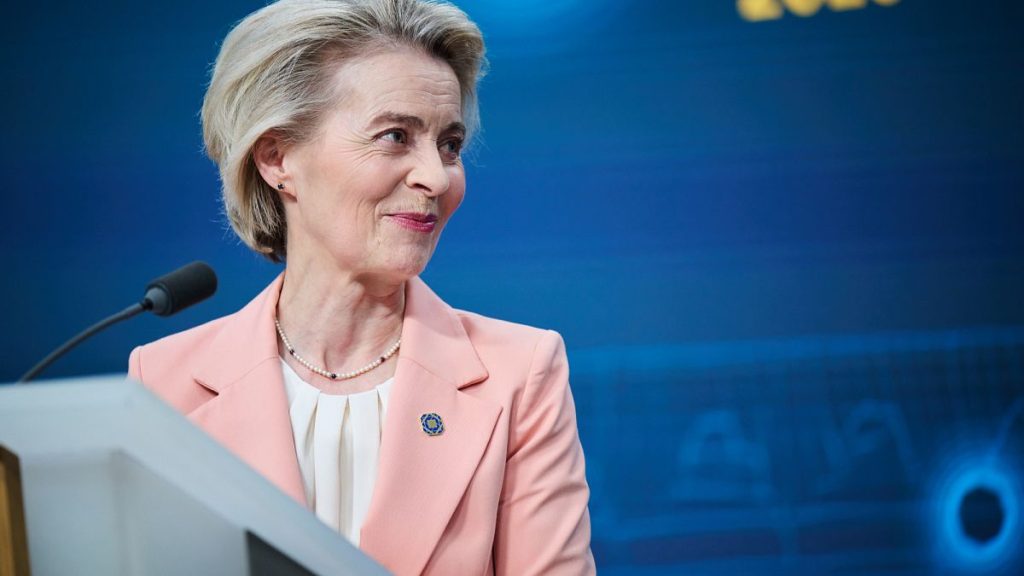The European Commission has laid the groundwork for a significant overhaul of the long-term budget, aiming to expand on the current 2027 proposal and make the framework more effective and flexible. This proposal, dubbed the Next Multiannual Financial Framework (MFF), will focus on maximizing the impact of each euro allocated to the EU. The approach will emphasize EU priorities, such as research, innovation, and digital technologies, while also accounting for new strategic directions, including security and defense. The committee emphasizes the importance of balancing traditional and innovative priorities to achieve long-term economic growth and cohesion.
In the current MFF, the EU has distributed approximately €1.2 trillion, representing 1% of the EU’s GDP (excluding post-pandemic recovery funds). According to the document, most of this budget has been allocated to agricultural subsidies and measures to address the socio-economic gap between the poorest and richest regions. However, this imbalance may soon evolve, as new priorities, such as security and defense, will increasingly demand substantial investments to maintain EU competitiveness on the global stage.
A key aspect of the proposed redesign is the integration of EU own resources into the budgeting process. The document highlights the urgency of addressing new findings, such as increased demand for customs duties and VAT contributions, which are alternatives to direct member state funding. By linking these investments closely to EU priorities, the project seeks to enhance the EU’s ability to fund critical sectors and technologies.
A significant shift is also represented with Spain proposing a double funding strategy. The Spanish government aims to increase the EU budget to 2% of its GDP ($60 billion) and designate 50% of funds for the green transition, similar to the €1.7 billion investment capacity provided by theCurrently implemented post-pandemic recovery funds. The proposal also underscores Spain’s support for joint debt issuance to fund strategic investments and public goods, including defense. The Spanish government has criticized the current debt model as irresponsible, and its move reflects a broader concern over government debt sustainability.
The EU’s next long-term budget proposal will be presented in autumn 2028 and is likely to emphasize future-oriented themes, such as building resilience, reducing inequality, and boosting reliance on the EU for economic and security relied on by member states. The committee will aim to address these issues through tailored investment strategies and financial planning, reflecting the EU’s goal of creating a more stable and sustainable future for its member states.
Marius study’s resignation is a growing political challenge, with numerous EU representatives expressing mutual dissatisfaction. The move reflects the EU’s growing sense of responsibility in managing the budget, which, if not handled well, could exacerbate the problems facing its member states and regional environments.










